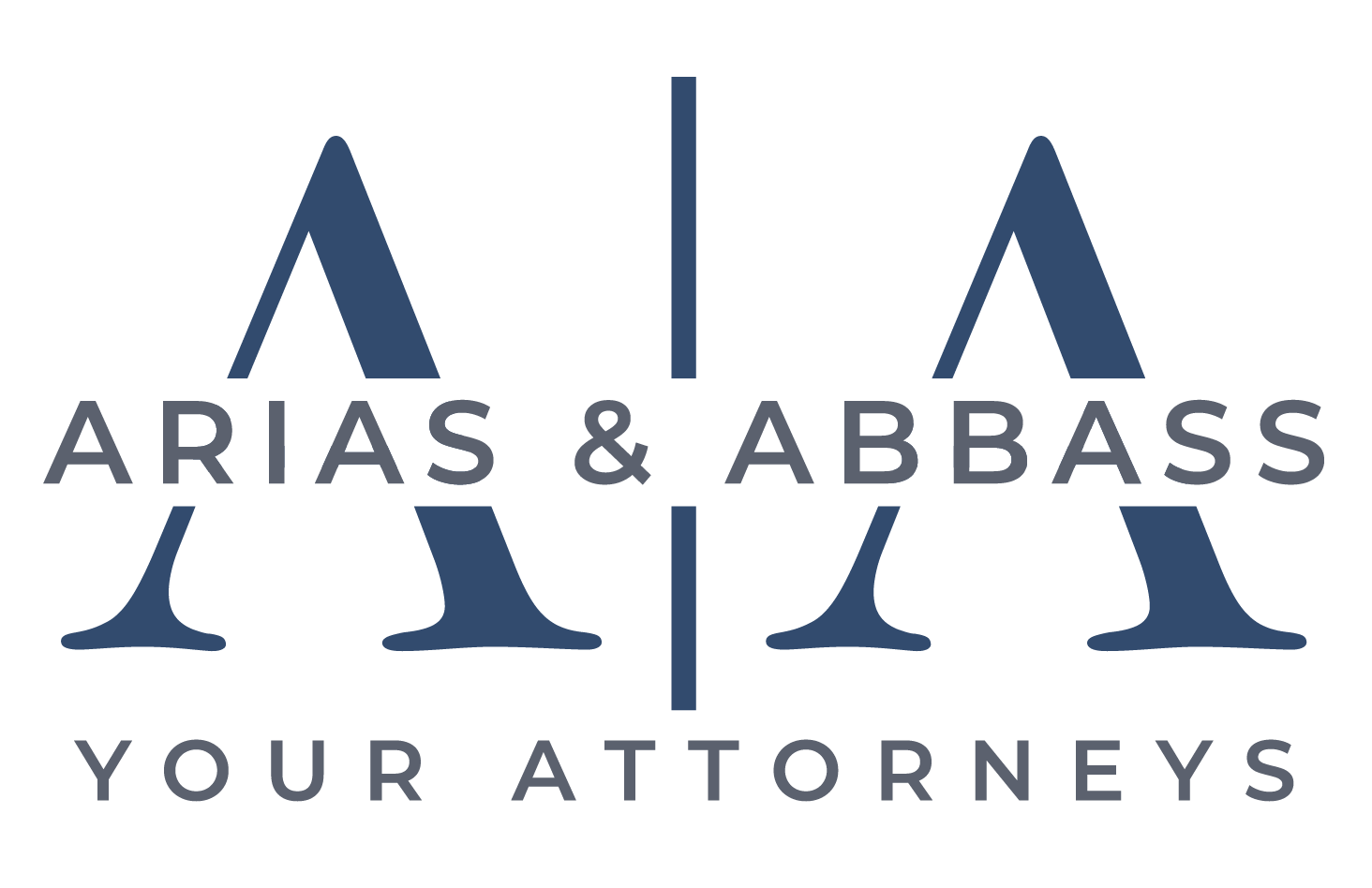If you’ve suffered an injury in Florida that wasn’t your fault, you may have grounds for a negligence claim. Negligence is the most common legal theory of liability in personal injury cases. In this article, we’ll explore the key aspects of negligence in Florida and how having an experienced attorney by your side can significantly improve your chances of a successful claim.
What Is Florida Negligence Law?
Florida’s negligence law is governed by the state’s negligence statute, which encompasses various important topics, including damages, limitations on liability, immunities for certain situations, wrongful death, and many others. Skilled negligence attorneys have an intimate knowledge of this statute and can use their expertise to guide your personal injury negligence claim.
The Four Elements of Negligence in Florida
To establish a negligence claim in Florida, you must demonstrate four critical elements:
- Duty of Care
The first element involves showing that the defendant owed a duty of care to you. Duty of care is a legal obligation to act in a way that prevents harm to others, based on the relationship between the parties. For example, drivers have a duty to operate their vehicles safely and responsibly when sharing the road, which includes obeying traffic signs and not driving under the influence.
- Breach of Duty
The second element requires proving that the defendant breached their duty of care by failing to exercise the level of care that a reasonable person would in the same circumstances. For example, in a car accident case, a breach of duty could involve actions like excessive speeding or driving while impaired.
- Causation
To satisfy the third element, you must establish a direct link between the defendant’s breach of duty and your injuries. This can range from simple cases, like a driver running a red light and causing an accident, to more complex situations, such as a store owner failing to clean up a spill leading to a slip and fall. Proving causation may require supporting evidence like medical records, eyewitness accounts, and expert opinions.
- Damages
Finally, you must provide evidence of the damages you incurred due to the defendant’s negligence. These damages can include medical bills, lost wages, property damage, pain and suffering, and other related costs. Florida negligence law specifies the type and amount of damages a plaintiff can seek.
Comparative Fault in Florida
Florida follows a modified comparative negligence system, meaning you can still recover damages even if you are partially at fault for your accident. However, your compensation is reduced in proportion to your percentage of fault. If you are more than 50% at fault for the accident, you cannot recover any damages. For example, if a jury determines you are 25% at fault and have suffered $100,000 in damages, you will be awarded $75,000. If you are found to be 51% or more at fault, you won’t be entitled to any damages.
Contact Arias & Abbass for Personal Injury Legal Guidance
Navigating the complexities of personal injury claims in Florida can be overwhelming. That’s where our skilled attorneys at Arias & Abbass come in. We are dedicated to assisting our clients at every stage of the legal process. Our services include claim assessment, negotiation with insurance companies and opposing attorneys, providing expert legal guidance, and representing you in court when needed. Our goal is to maximize the compensation you receive.
At Arias & Abbass, we treat our clients as individuals, not just case numbers. Our experienced attorneys are committed to delivering the best possible results for our clients. Contact us today to schedule your initial consultation and let us help you seek the justice and compensation you rightfully deserve.


